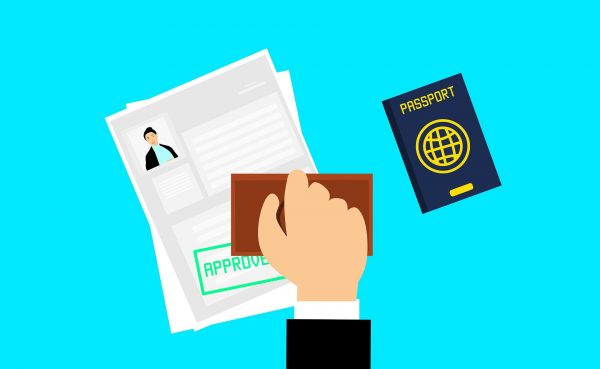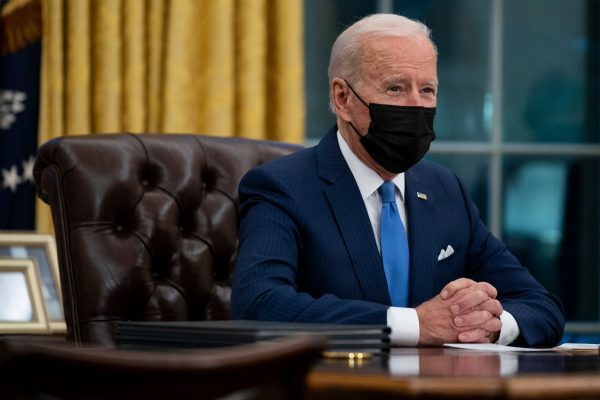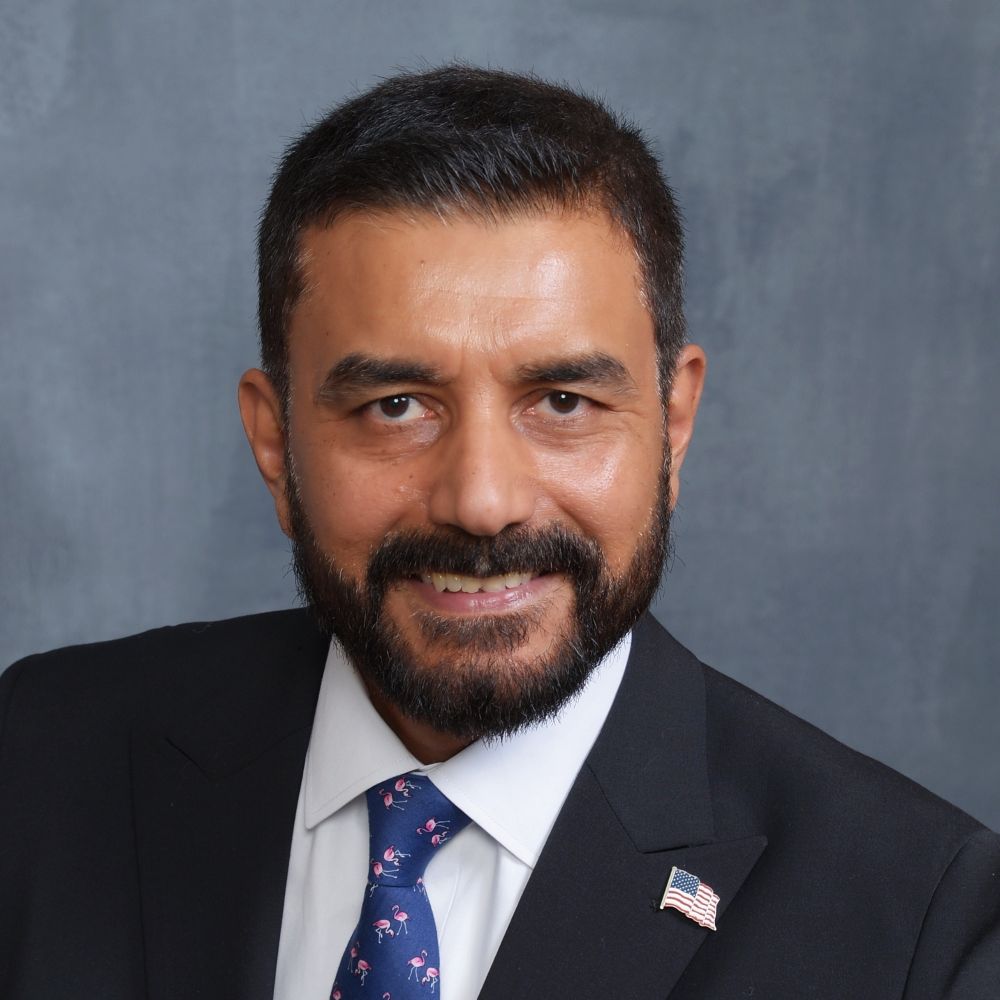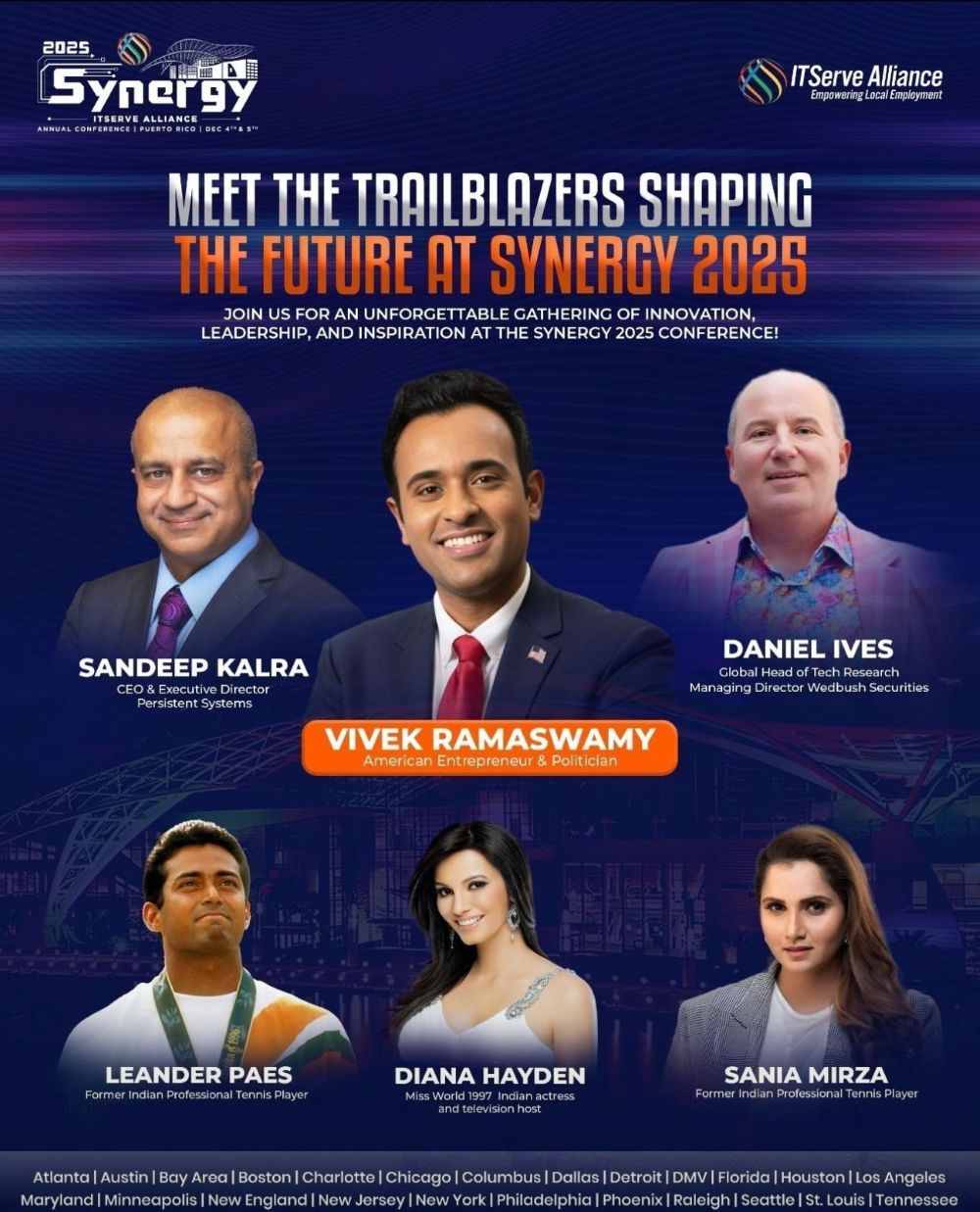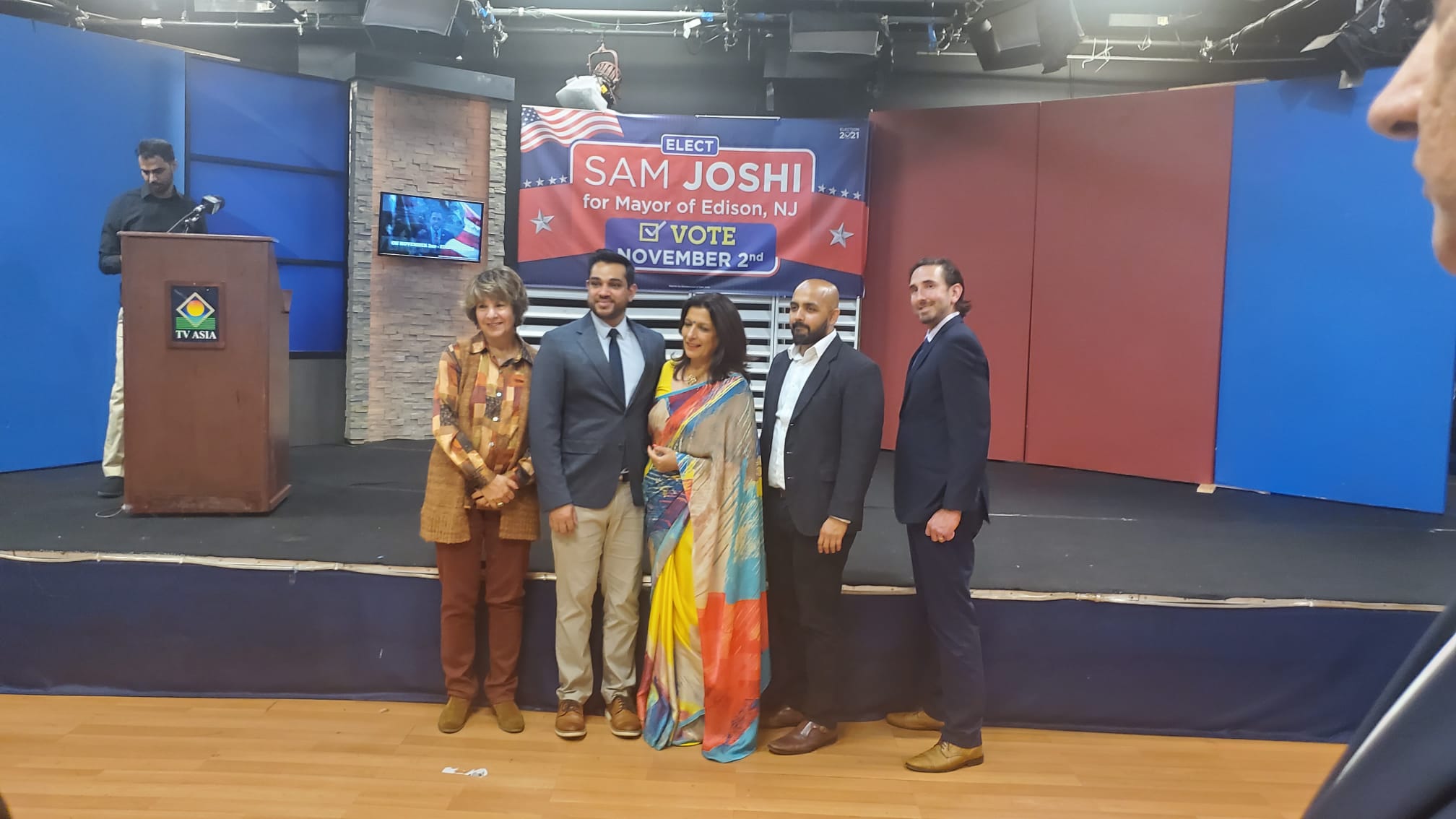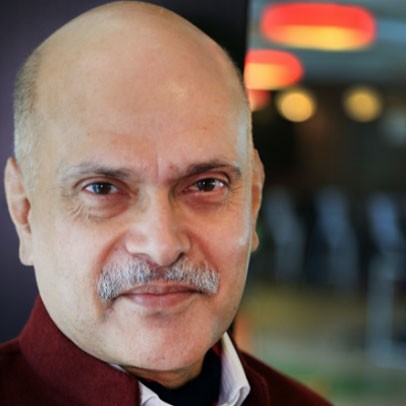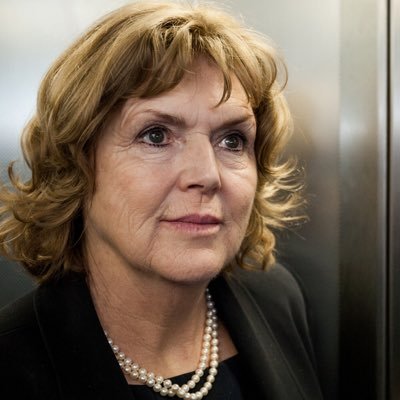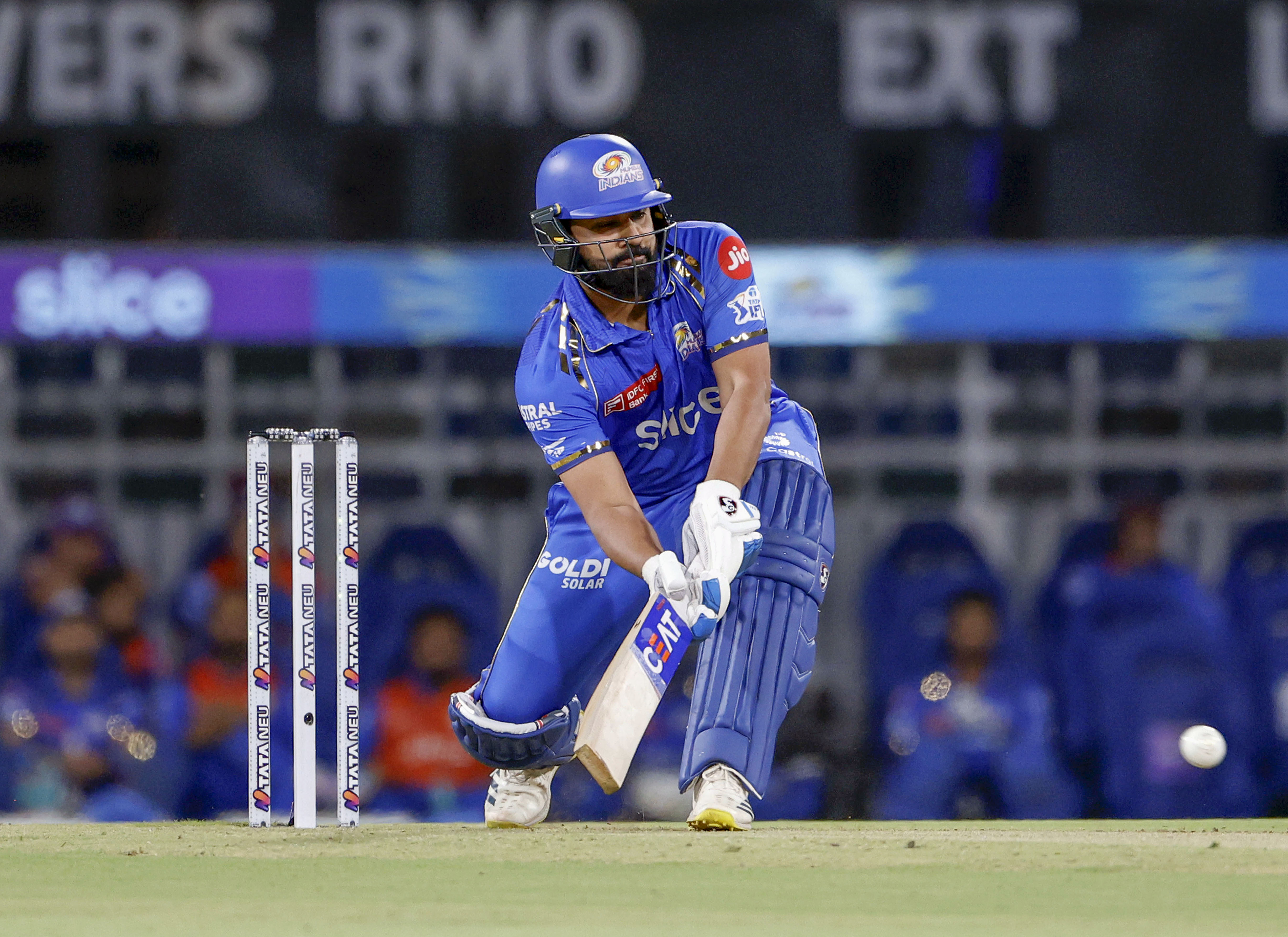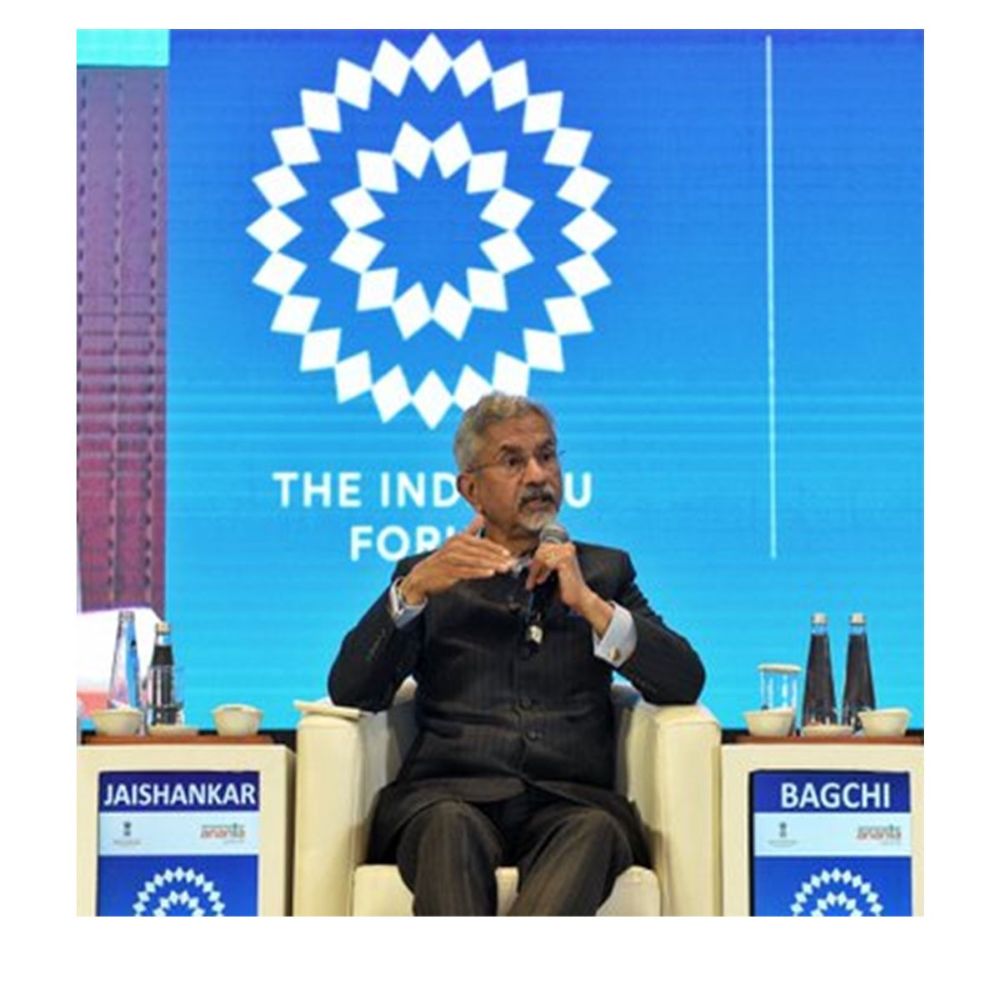Biden will halt or delay midnight regulations.
The United States on Friday modified the H-1B visa’s selection process to prioritize salary and skills instead of the current lottery procedure. The final rule published in the Federal Register aims at protecting the economic interests of US workers and to make sure that the highly skilled foreign workers benefit from the temporary program.
This modification comes with less than two weeks left in President Donald Trump’s tenure but is less likely to be implemented.
However, because of its timing, it could be delayed or rescinded. New York-based Immigration attorney Prashanthi Reddy said in a LinkedIn post that the incoming Biden administration can delay the implementation of the publication by an additional 60 days and rescind it if it is against the statute: “The Biden administration has issued a memo to halt or delay all midnight regulations published by Trump on January 20. So hopefully this might not see the light of the day.”
Reddy says the rule is flawed because it “presumes that higher paying jobs are more important.”
Murthy Law Firm’s blog, too, states that it can be presumed that the implementation would not go into effect for the upcoming fiscal year 2022 lottery assuming that Biden delays it.
The H-1B visa is a non-immigrant visa that lets US companies hire foreign workers in specialty occupations that require theoretical or technical knowledge. The technology companies heavily depend on it to employ workers from countries like India and China.
- The modification will come into force in 60 days and the next H-1B visa filing season is slated to begin on April 1.
- The modified H-1B selection process will incentivize employers to offer higher salaries and/or petition for higher-skilled positions and establish a more certain path for a business to attain personnel needs and remain globally competitive, said US Citizenship and Immigration Services (USCIS).
- This effort will only impact H-1B registrations (or petitions, if the registration process is suspended) submitted by prospective petitioners seeking to file H-1B cap-subject petitions.
- The rule will be implemented for both H-1B regular cap and the H-1B advanced degree exemption. However, USCIS stated that it will not change the order of selections between the two as established by the H-1B registration final rule.
- It will apply to all registrations, including those for the advanced degree exemption, submitted on or after the effective date of the final rule.
- According to the Congressional-mandate cap, USCIS can issue a maximum of 65,000 H-1B visas in a year. It can also issue another 20,000 H-1B for those foreign students who have completed their higher studies from a US university in STEM (science, technology, engineering, mathematics) subjects.
Click here to see the USCIS published regulation.
Also Read: H1-B, L-1 freeze extended until March 31
















